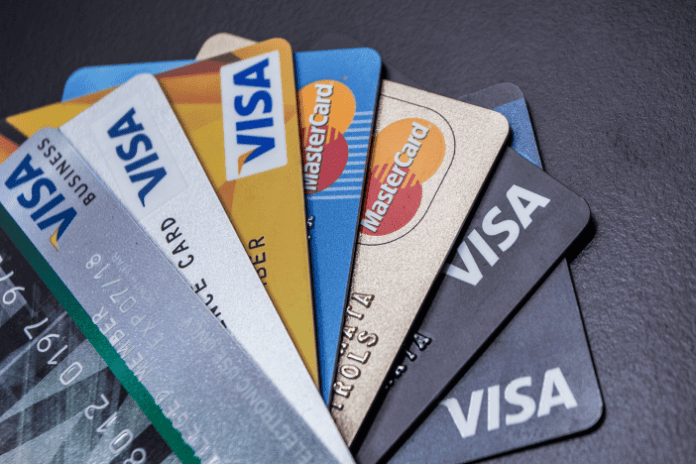It can be tough to keep up with the ever-changing interest rates on your credit card. And it’s no wonder, with average annual percentage rates reaching 16.4 percent! This is why scammers prey on unsuspecting consumers with phony offers to reduce their credit card rates. You could pay a lot more interest if you’re not careful. This blog post will teach you how to spot and avoid interest-rate scams. Stay safe and protect your wallet!
How do credit card rate scams work?
The scammer will contact you, usually by phone or email, and offer to help you lower your credit card interest rate. They may even say they work for your credit card company. The catch is that they’ll ask for a fee upfront, typically around $250. They may also ask for your credit card number and other personal information.
If you give them this information, they can do some severe damage. Not only will you be out the money you paid to the scammer, but your credit card interest rate could go up instead of down! You could also end up with new and unauthorized charges on your card. So it’s important to know how to spot these scams and protect yourself from them.
Here are some red flags to watch out for:
- The scammer contacts you unsolicited. Be suspicious if you didn’t ask for help lowering your interest rate.
- The offer seems too good to be true. A reduction in interest rate from 16 percent to 0 percent is probably too good to be true.
- The scammer asks for money upfront. No legitimate company will ever ask for payment before they provide a service.
- The scammer asks for sensitive personal information. They may say they need your credit card or Social Security number to “verify” your account. But this is just a way to steal your identity and commit fraud.
- If you’re ever contacted by someone offering to lower your credit card interest rate, be very careful. Don’t give them any personal information or money. And if you’re unsure whether the offer is legitimate, contact your credit card company directly to ask. They can help you figure out if you’re being scammed.
What if I’m a victim of fraud?
Contact your credit card company immediately if you think you may have been a credit card rate scam victim. Explain what happened and ask if there’s anything they can do to help. You should also file a report with the Federal Trade Commission (FTC). This will help law enforcement officials track down and stop these scammers. If you have sensitive information like your credit card number or Social Security number, you should also consider taking steps to protect your identity.
You can avoid being a victim of these frauds by being aware of them and keeping your information secure. Some security tools can assist you in preventing dangers like these and keeping your data safe. Avoid malware infection and scams, and get real-time warnings when your information might be exposed.
Regarding your finances, being vigilant is essential to avoid being scammed. Keep an eye out for these red flags when someone offers to lower your interest rates so that you don’t pay more in the long run. If you have any doubts about an offer, don’t hesitate to contact your credit card company directly. They can help you determine whether or not it’s a scam.

